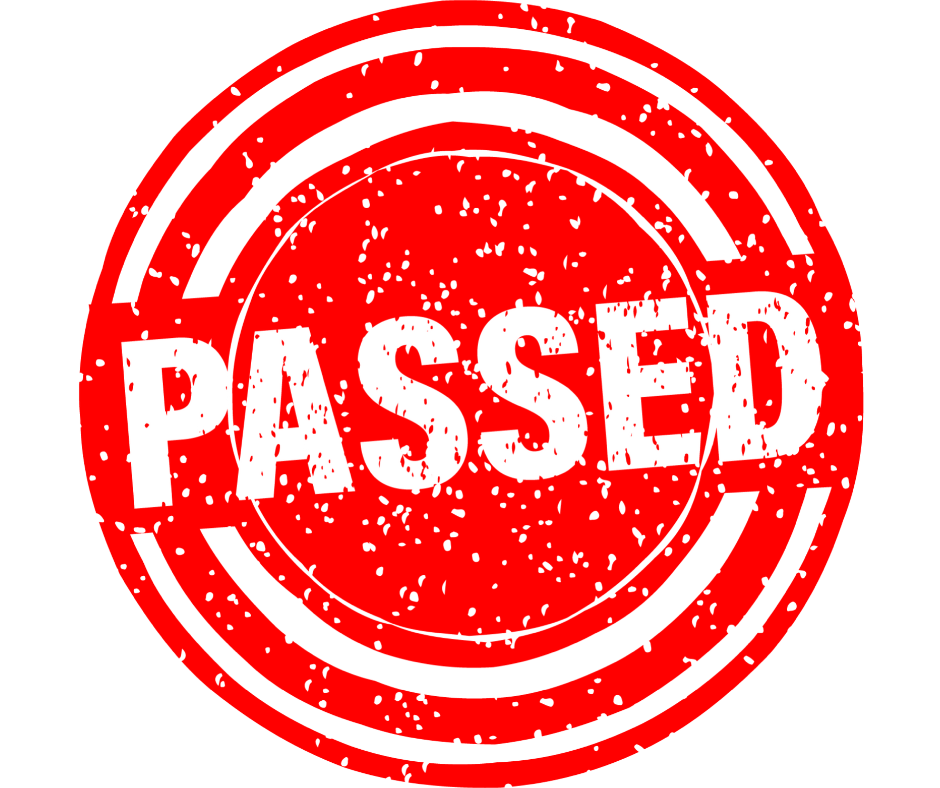CHES Exam Bingo Prep Kit
Are you preparing for the Certified Health Education Specialist (CHES) exam and looking for an engaging and effective study tool? Introducing the CHES Exam Bingo Prep Kit – a dynamic digital resource designed to make your study sessions both enjoyable and informative. This interactive kit transforms the traditional exam preparation into a game of Bingo, making your learning experience not only effective but also entertaining.
Key Features:
Comprehensive Coverage: The Bingo Prep Kit covers key topics tested in the CHES exam, ensuring a thorough review of the material.
Engaging Format: Say goodbye to monotonous study sessions! With Bingo, you'll be actively participating in your learning, making it more enjoyable and effective.
Fill-in-the-Blank Questions: Challenge yourself with 16 thoughtfully crafted fill-in-the-blank questions that mirror the format of the actual CHES exam.
Adaptable for Solo or Group Study: Whether you're studying alone or in a group, the Bingo Prep Kit is designed to suit your preferred study environment.
Instant Feedback: Check your answers in real-time with the provided solutions, helping you identify areas for improvement.
Accessible Anywhere: The digital nature of the kit allows you to study on the go, whether you're at home, in a cafe, or during your daily commute.
Progress Tracking: Keep track of your progress with the built-in tracking feature, ensuring that you cover all necessary topics before the big day.
Ecological Model Levels:
Description: Understand the comprehensive nature of the ecological model and how it addresses various levels of influence on health behaviors, including societal factors.
Epidemiology Basics:
Description: Explore the fundamental concept of epidemiology, which involves the systematic study of the distribution and determinants of health-related states or events in populations.
Health Belief Model:
Description: Delve into the psychological aspect of health decision-making by understanding how perceived susceptibility impacts an individual's health-related choices.
SMART Goals:
Description: Grasp the principles of effective goal-setting by knowing what each letter in SMART represents, ensuring goals are well-defined and achievable.
Learning Objectives Components:
Description: Learn how to structure learning objectives by identifying the three essential components that articulate what a learner needs to accomplish under specific conditions.
Transtheoretical Model Stage:
Description: Explore the stages of behavior change in the Transtheoretical Model and understand the characteristics of the action stage.
Ottawa Charter Strategy:
Description: Discover the strategies outlined in the Ottawa Charter, emphasizing the role of policies in creating environments that support health.
Health Education Definition:
Description: Define the core concept of health education and understand its role in facilitating positive behavioral changes in individuals and communities.
Health Impact Pyramid:
Description: Explore the Health Impact Pyramid and its implications for prioritizing interventions based on their potential for broad population health impact.
PRECEDE-PROCEED Model:
Description: Unpack the components of the PRECEDE-PROCEED model, a comprehensive framework for planning, implementing, and evaluating health promotion programs.
Transactional Model of Communication:
Description: Understand the transactional model of communication, recognizing the dynamic nature of communication that involves constant interaction and feedback between sender and receiver.
Social Cognitive Theory:
Description: Explore the Social Cognitive Theory, focusing on the concept of self-efficacy and how it shapes individuals' beliefs and actions.
Community Organization Model:
Description: Gain insights into the Community Organization Model, emphasizing community assessment, capacity building, and proactive steps for positive change.
Transtheoretical Model Stages (Part 2):
Description: Dive deeper into the stages of behavior change, specifically focusing on the crucial action stage in the Transtheoretical Model.
Locus of Control Theory:
Description: Explore the concept of locus of control and its impact on health behavior, emphasizing the role of perceived control in health-related decision-making.
Communication Process:
Description: Examine the fundamental elements of the communication process, highlighting the importance of mutual understanding and information exchange between communicators.




